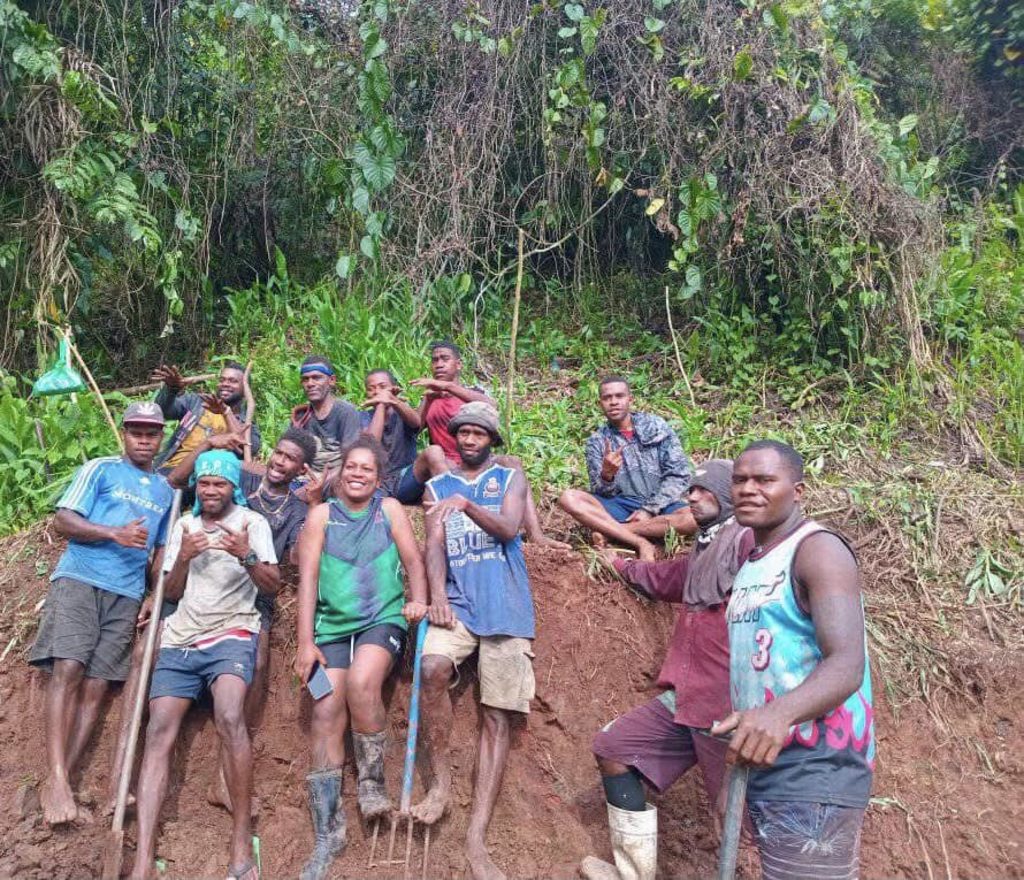In the humble village of Nalidi, located in the vibrant tikina of Nakorotubu, a young woman is breaking barriers in a field traditionally dominated by men – agriculture.
Mereili Turagawai, 26, is not just a primary school teacher at her alma mater, Turagarua Primary School, she is also the only female member of the Matakavou Project, a youth-led farming initiative that is transforming lives in her village.
A ‘tough cookie’
Raised by her grandparents since birth, Mereili only discovered the identity of her biological mother during her secondary school years.
“The only parents I ever knew were my grandparents,” she shared.
“Till today, I still call my grandfather ‘Ta’ (father).”
Her educational journey was far from easy.
After attending Suva Sangam College for high school, she enrolled at the University of the South Pacific (USP) in 2018, pursuing a bachelor of arts and a graduate certificate in education. But unlike many of her peers, she had to work tirelessly to fund her own education.
“It took time for me to complete my studies because I had to pay my own tuition fees,” she explained.
“I worked along the way to earn money—nothing was handed down to me.”
Her hard work paid off last year when she graduated with flying colours.
Matakavou
Despite securing a teaching job, Mereili quickly realised that her fortnightly salary wasn’t enough to support her family.
“I live with my grandfather and also take care of my younger siblings,” she said.
“They’ll soon be heading to university, so I have to think ahead.”
Early this year, during a village meeting, she learned about the Matakavou Project, a three-year initiative where village youths commit to strict discipline: no leisure activities, no drinking, no smoking, just hard work cultivating yaqona, dalo, and cassava.
The goal? To sustainably support their families and tap into commercial markets.
Though initially hesitant, being the only woman in a group of young men, Mereili took the plunge in February.
“Some women in the village questioned why I joined,” she recalled.
“I told them this is for my family.”
Balancing teaching and farming
As a full-time teacher, Mereili can’t join the daily farm work. Instead, she contributes by providing $200 worth of supplies regularly.
In return, the male members prepare her land, plant her yaqona, and maintain her crops.
The project’s rules are strict: no harvesting until the three-year tabu (ban) period ends, followed by traditional sevu (offerings) to the vanua and church. Only then can the produce be sold. But the potential rewards are immense.
“An uncle of mine sold 300 yaqona plants for over $30,000 last year,” Mereili shared.
“He built a new house for his family.”
With Lami Kava and middlemen from Rakiraki, Nausori, and Ovalau as regular buyers, the financial prospects have been promising.
“As a teacher, I wait two weeks for my salary,” she laughed.
“With yaqona, if you need $1000 today, you get it today.”
Challenging gender norms
Mereili’s involvement in a male-dominated space hasn’t been without scrutiny.
Yet, she remains undeterred.
“To my fellow young women, I say, farming isn’t just for men,” she said.
“We all face challenges, but we must think long-term.”
Every Saturday, she trades her teacher’s attire for gumboots and suwai (home clothes), heading to her plantation to inspect and maintain her crops.
“Last week, I was thrilled to see how healthy my yaqona plants were,” she said proudly.
Dreams beyond the farm
Despite her farming success, Mereili’s ambitions stretch further.
She is currently pursuing postgraduate studies at USP, hoping for a secondary school posting where she can teach geography and history. But her ultimate goal is to become a university lecturer.
Yet, she is full of gratitude for the gifts of family and community she enjoys today.
“My biggest inspirations are my grandparents,” she said softly.
Her grandfather, Sakiusa, turns 74 this month, while her late grandmother — Mereili’s namesake — passed away two years ago.
“I owe everything to them,” she said.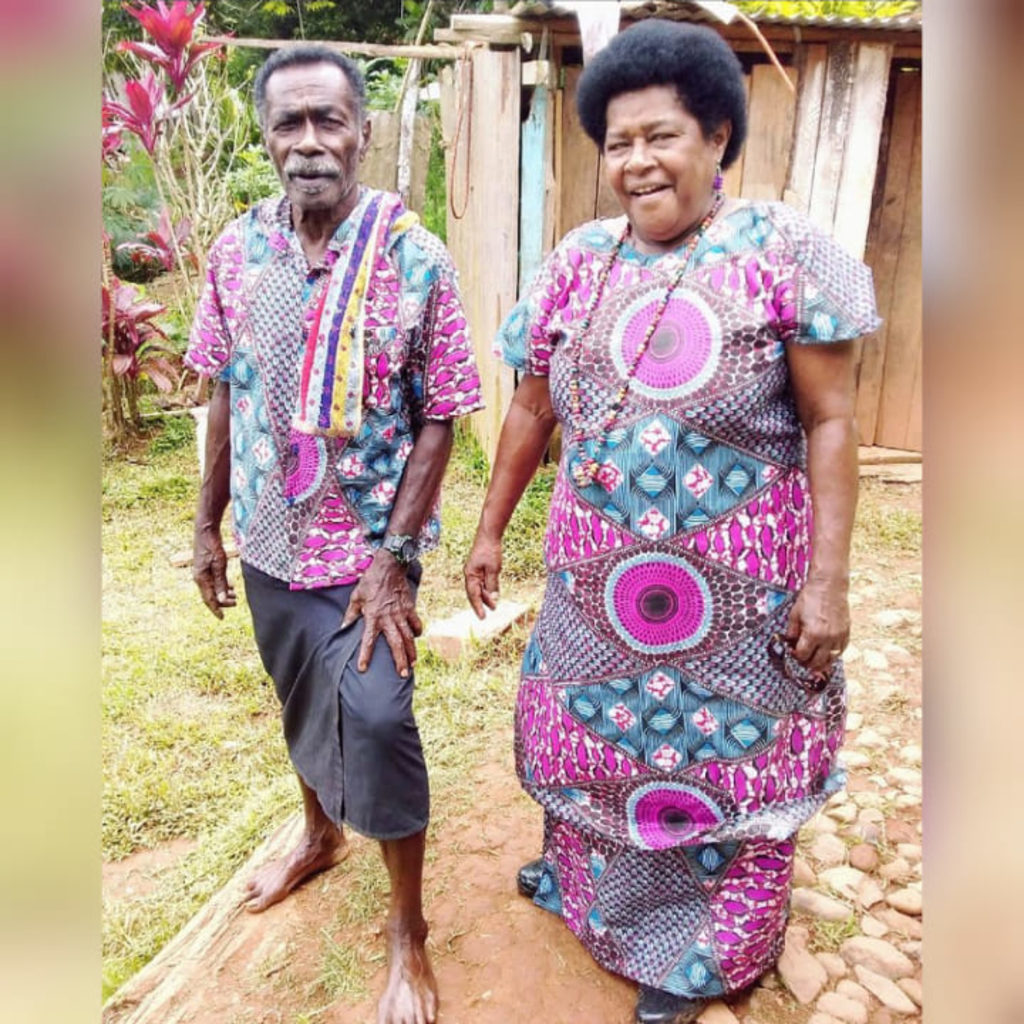
Her inspiration – Grandfather, Sakiusa and grandmother, Mereili (her namesake) Picture: SUPPLIED
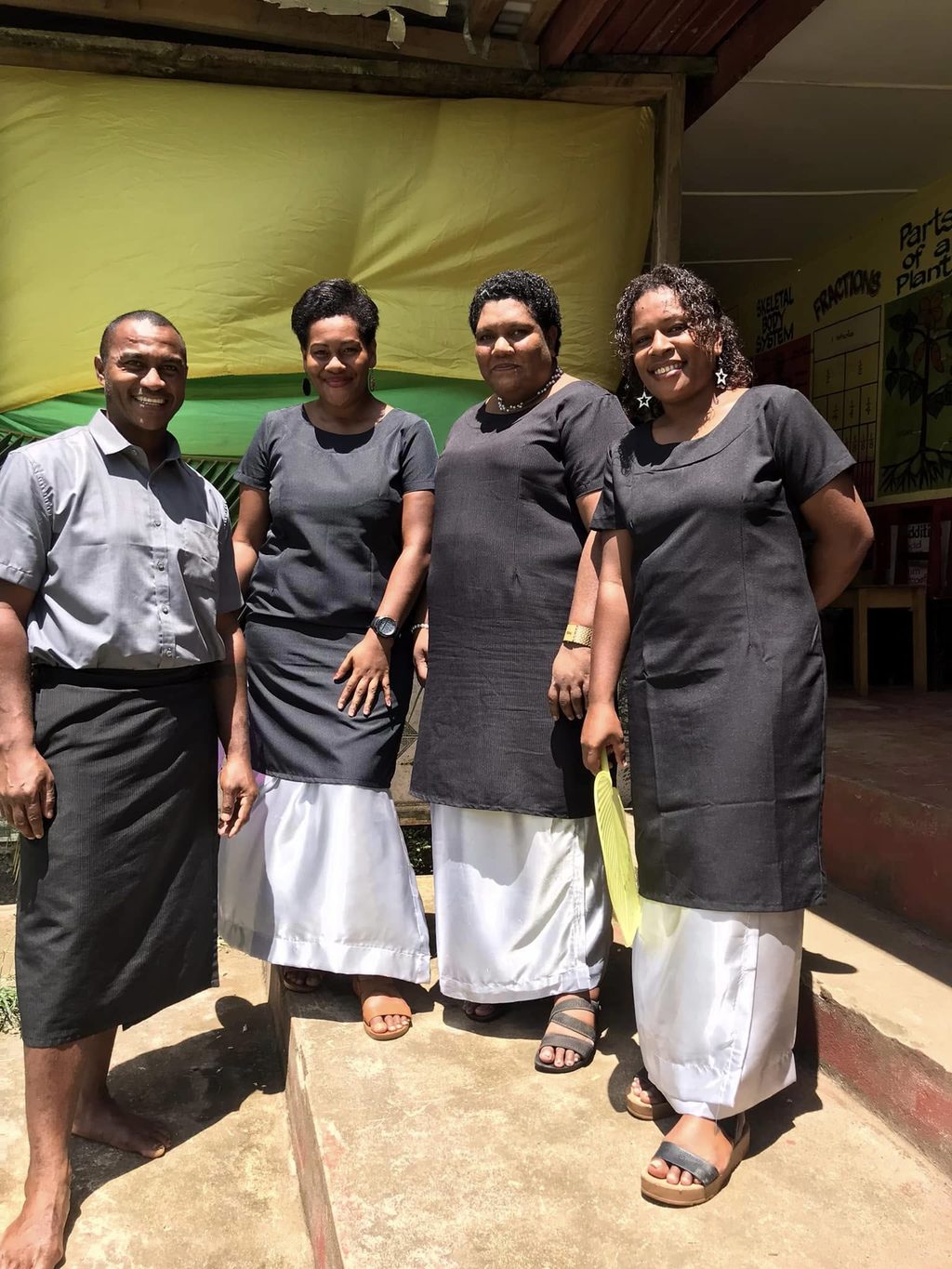
Mereili with her teaching colleagues at Turagarua Primary School. Picture: SUPPLIED
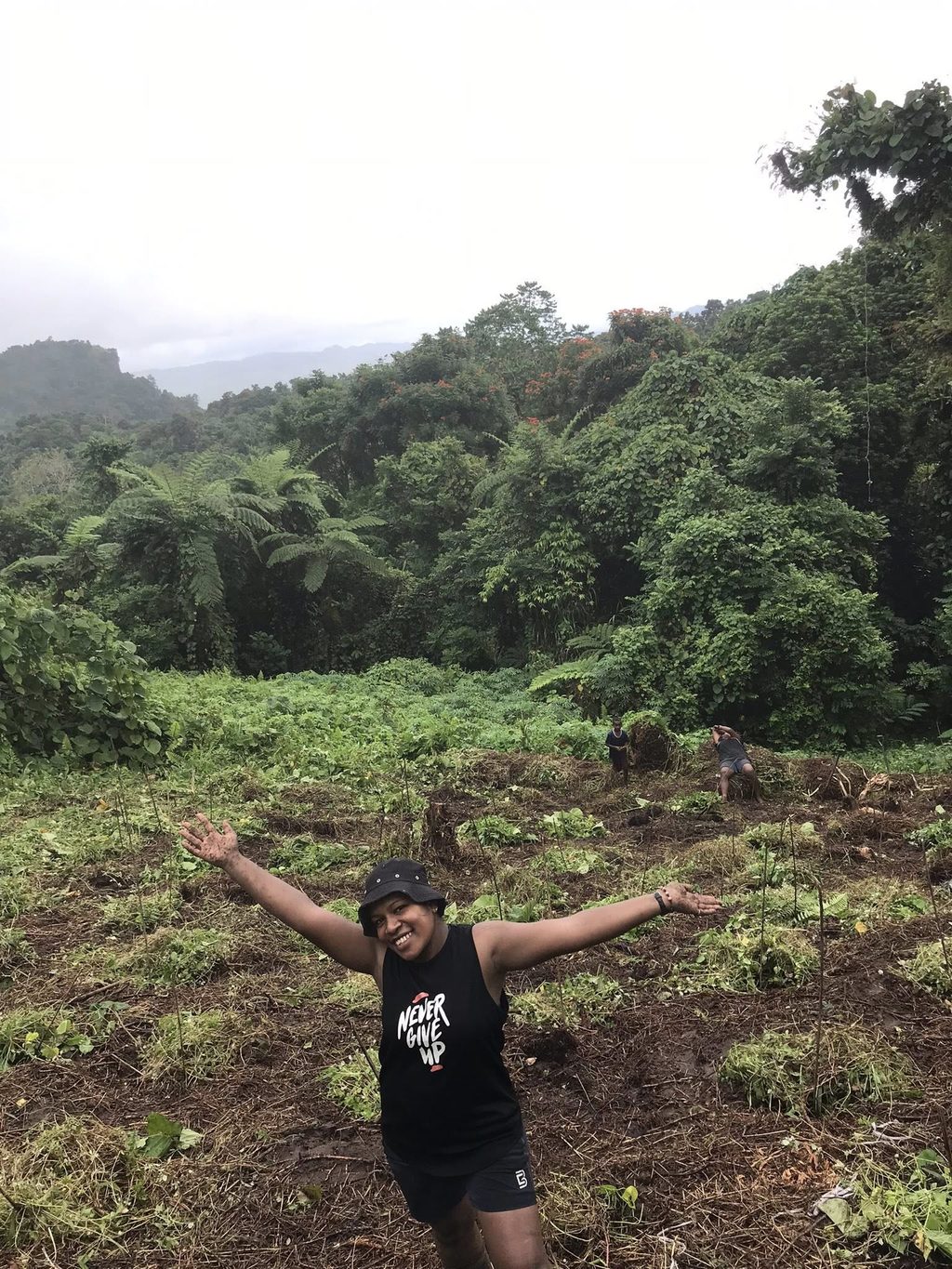
Mereili at her farm in Nalidi Village, Nakorotubu, Ra.
Picture: ALIFERETI SAKIASI
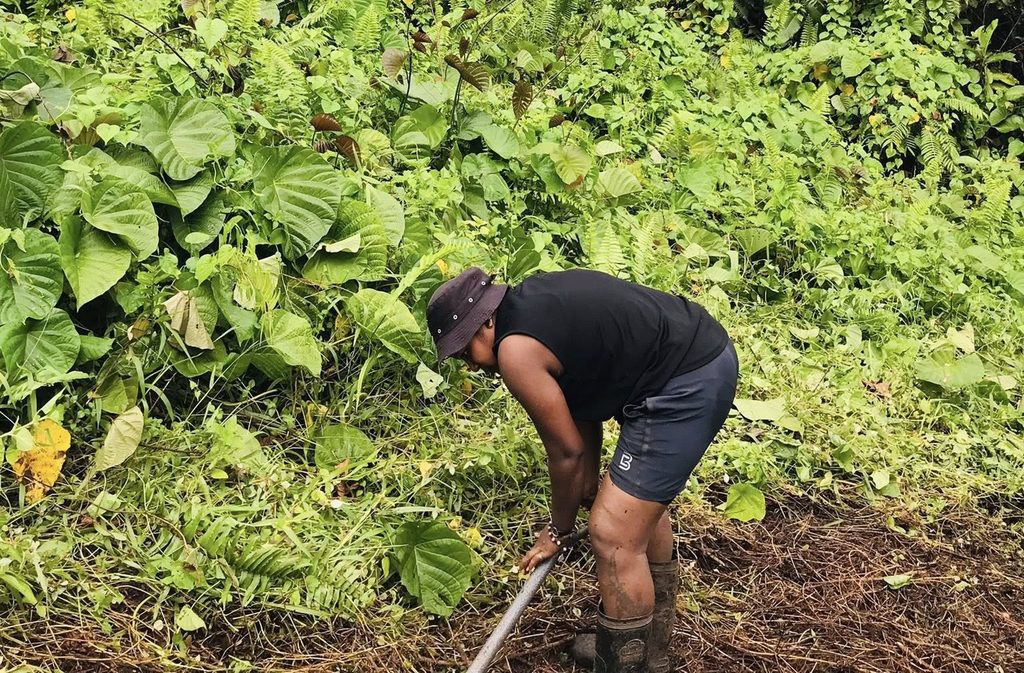
Mereili hard at work keeping weeds
at bay at her farm. Picture: ALIFERETI SAKIASI
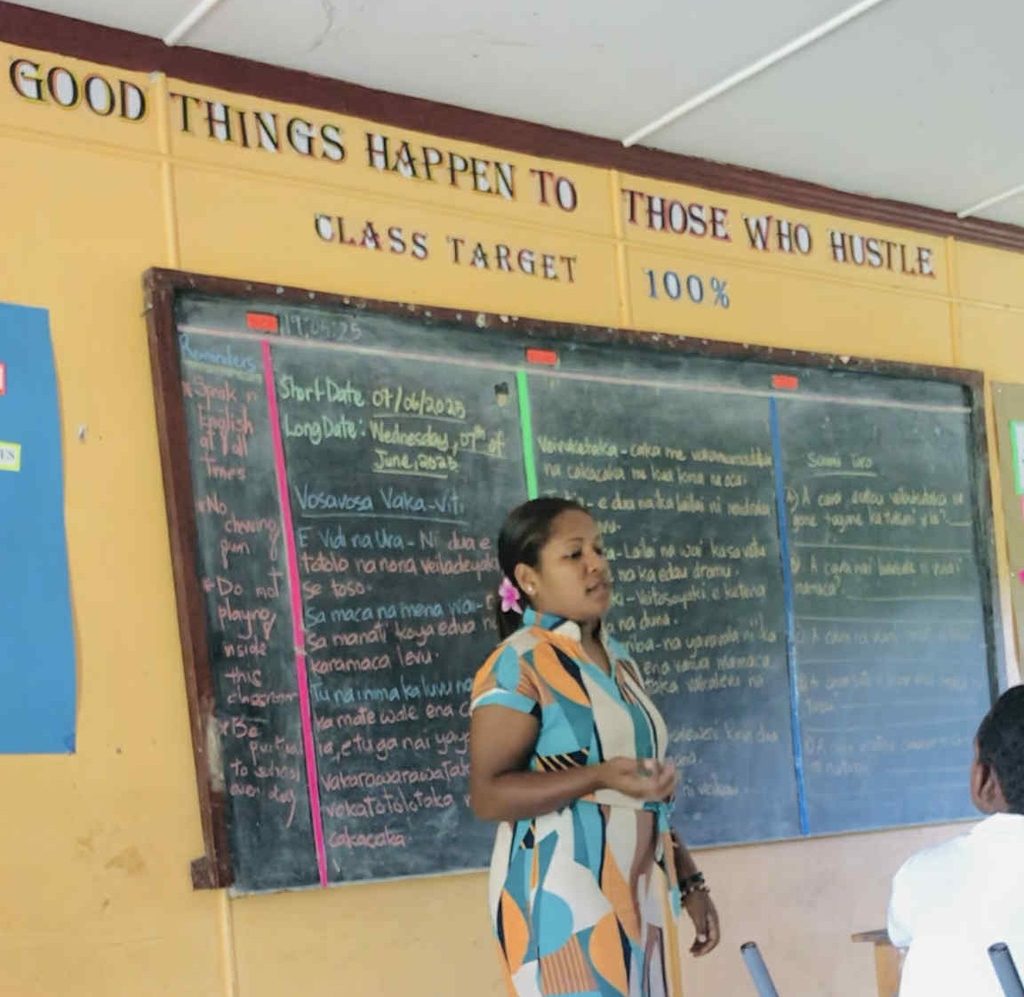
Mereili in the classroom. Note the class
motto on the wall. Picture: SUPPLIED

